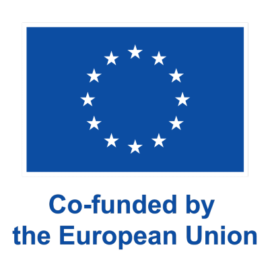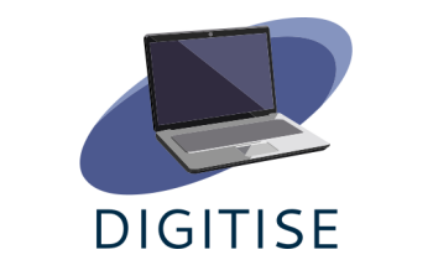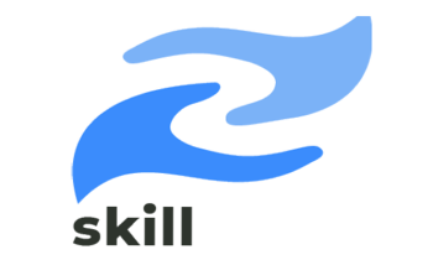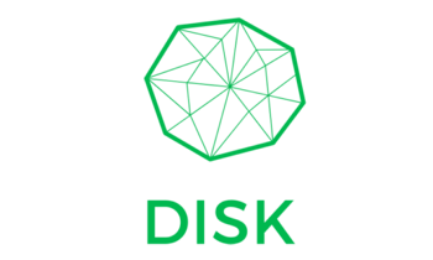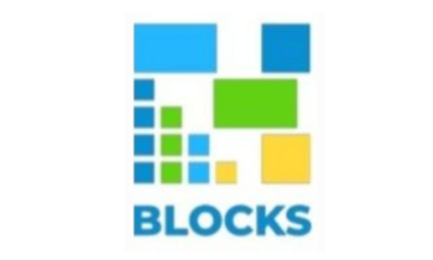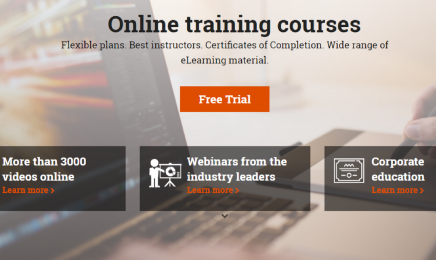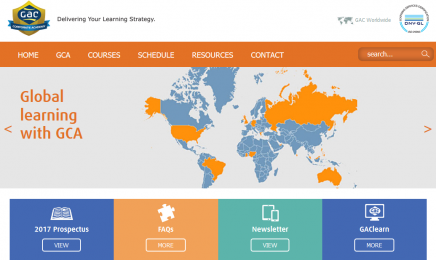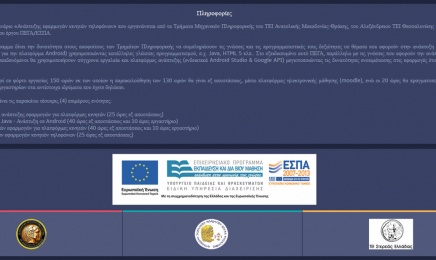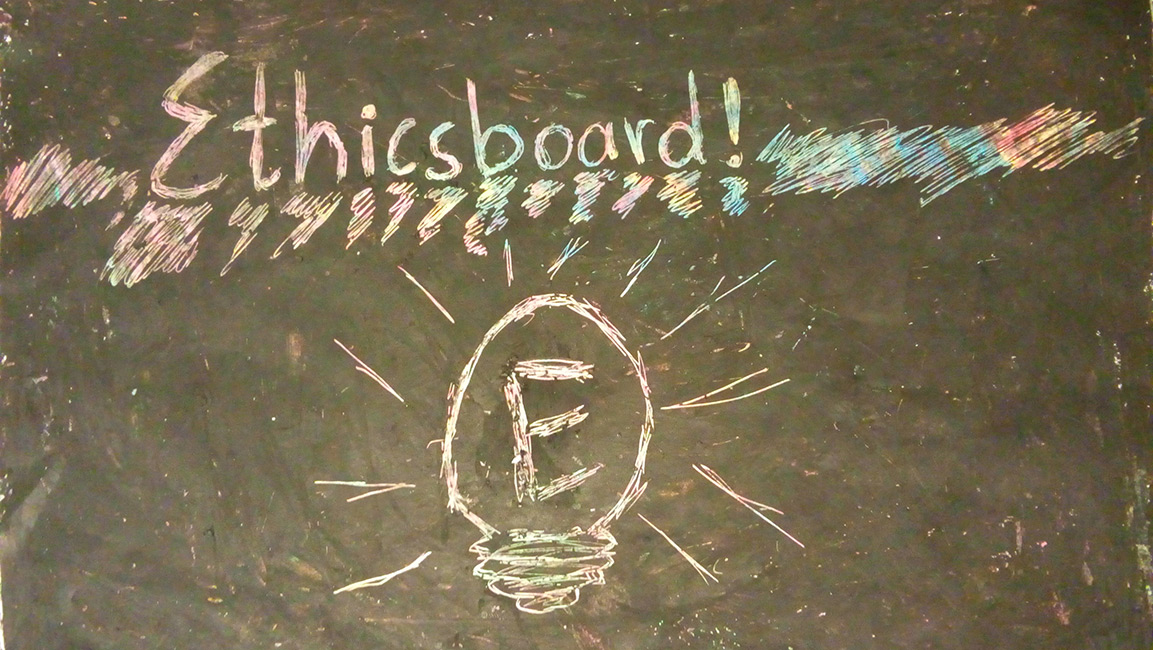
ETHICSBOARD is an Erasmus Plus project that aims to promote a new culture of entrepreneurship and skills in School Education in Europe and to prevent unemployment and social exclusion of young people.

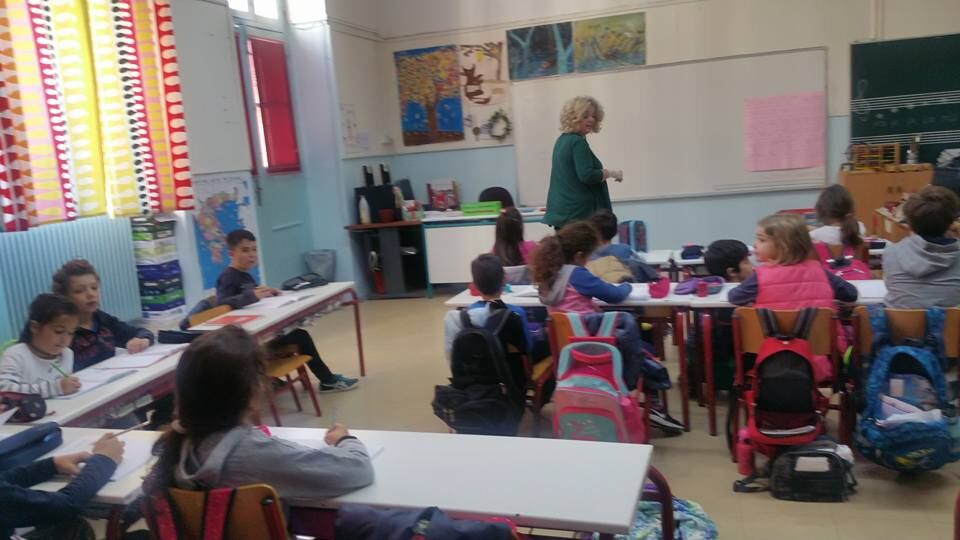
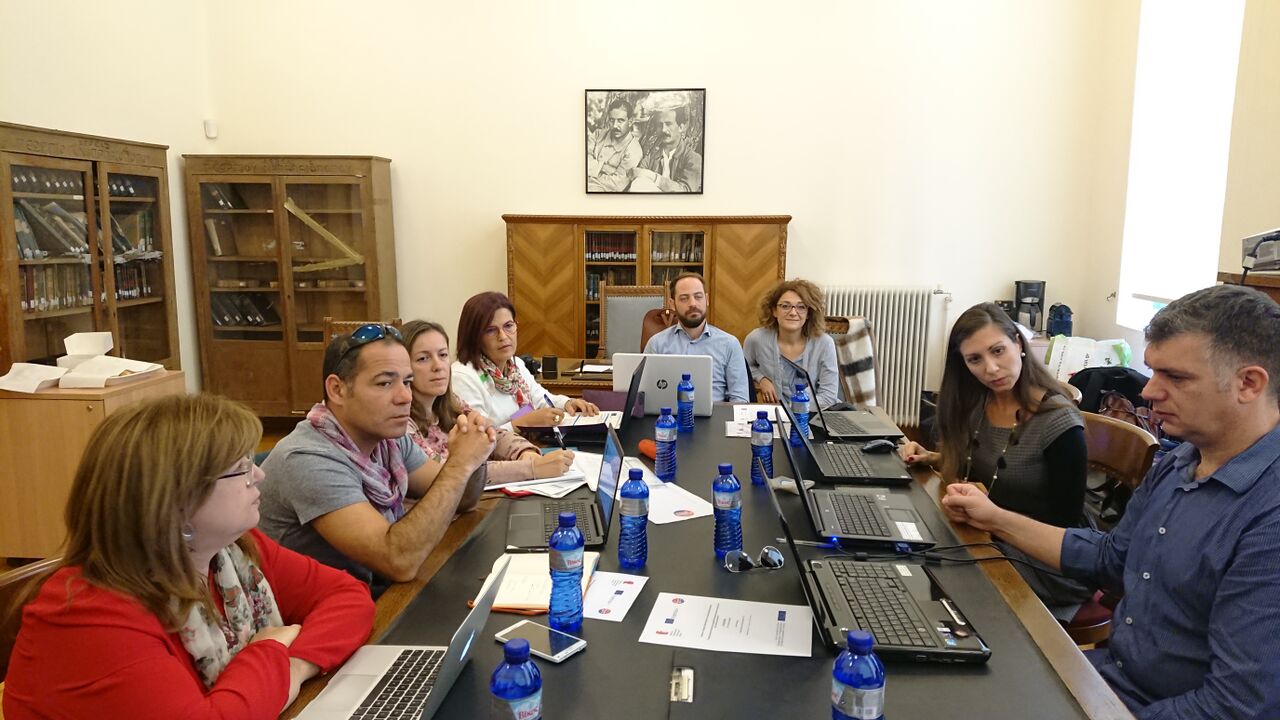
Challenge
Entrepreneurship education at school in Europe has not received the proper attention and focus on multidisciplinary areas including ethics to form the foundations for a holistic and sustainable framework of entrepreneurship.
Solution
Τhe main scope of ETHICSBOARD project is to address the identified challenges and opportunities related to entrepreneurship in School Education.
This project will enable students to develop and promote entrepreneurship education, entrepreneurial skills and Portfolios, ensure the benefits of an early childhood education, help develop critical and innovative thinking, and above all improve collaboration between schools and parents’ association.
The project has already engaged high interest from the stakeholders’ community.
Indicatively, all stakeholders will be actively involved as end-users in the following activities: conferences, online survey for getting feedback on the requirements, conditions, format, and structure of the training curriculum on Ethics and Entrepreneurship, will take place in a logo competition and will be required to attend multiplier events.
Results
ETHICSBOARD has officially started on 1st October 2017 and will end 30th September 2019.
During this period, a new training curriculum for youth entrepreneurship will be developed and delivered through innovative learning technologies so as to enable wide participation and early adoption from schools all across Europe.
Moreover, teaching and learning strategies for the promotion of an entrepreneurial culture encourage regional education authorities to carry out a wide range of initiatives.
These include the sharing of methodologies and educational materials for entrepreneurial education, introducing curricular and extra-curricular activities, collaborating with regional ministries, chambers of commerce, associations and other private bodies, such as Junior Achievement.
In order to achieve these aims, all participating schools will work to generate skills to contribute to futures changes in our society. The program consists of promoting the creativity and improving the capacity of students by using the appropriate equipment to do so.

